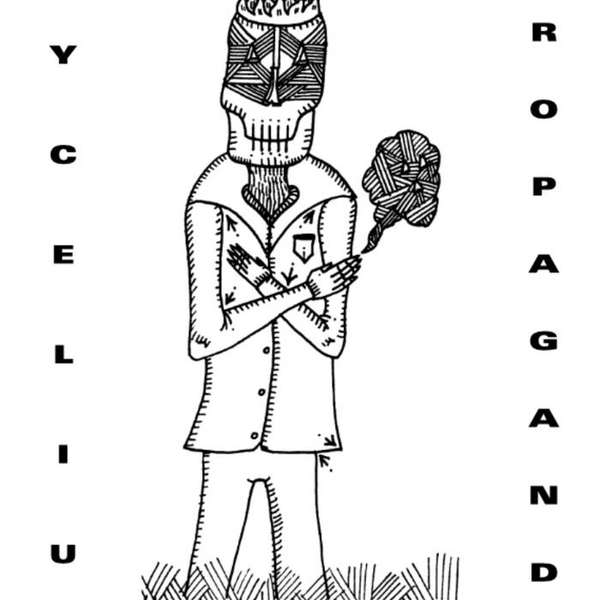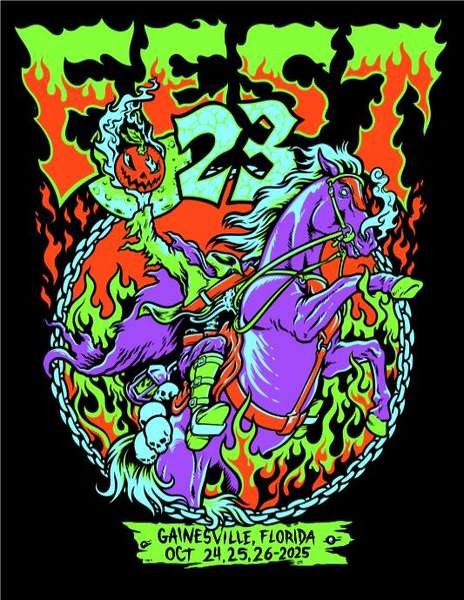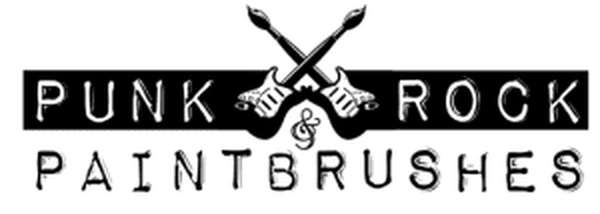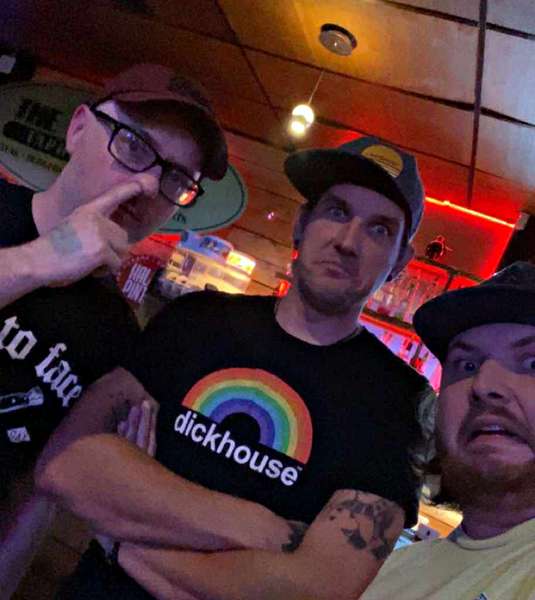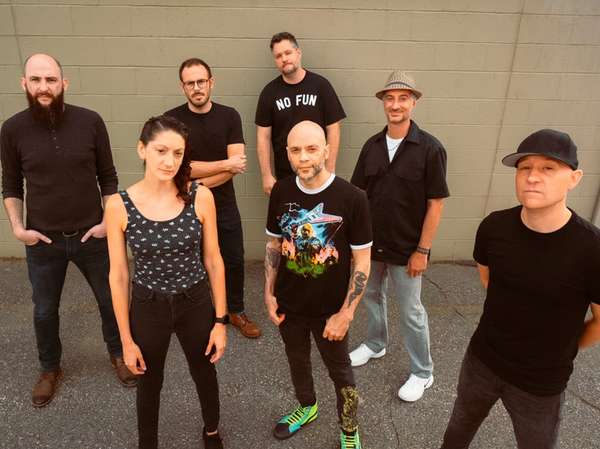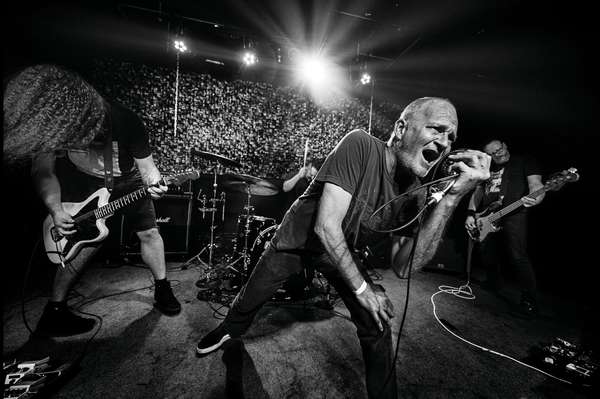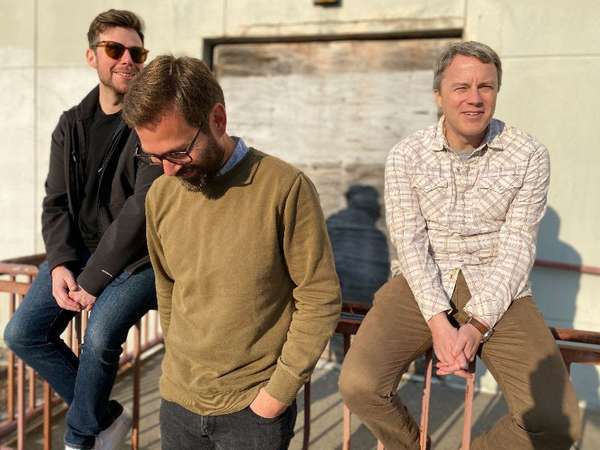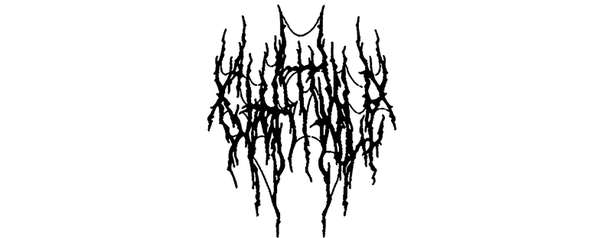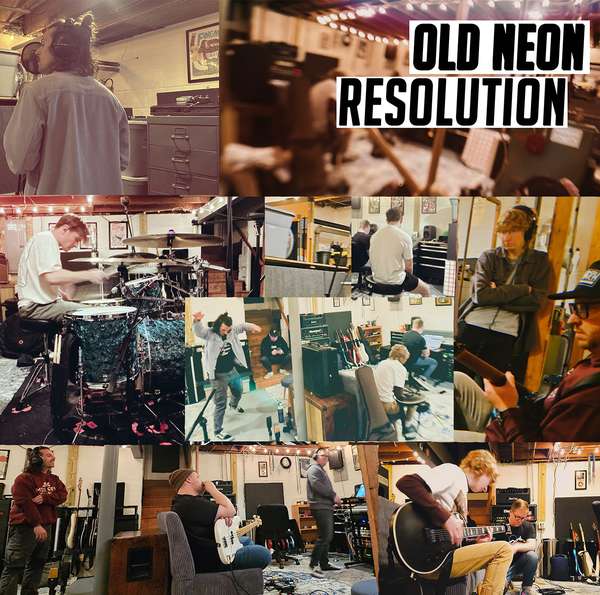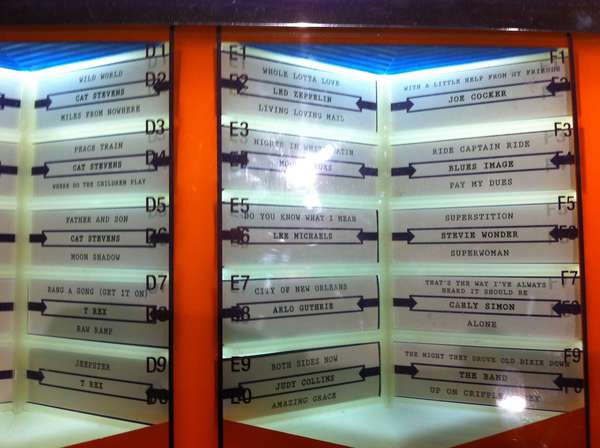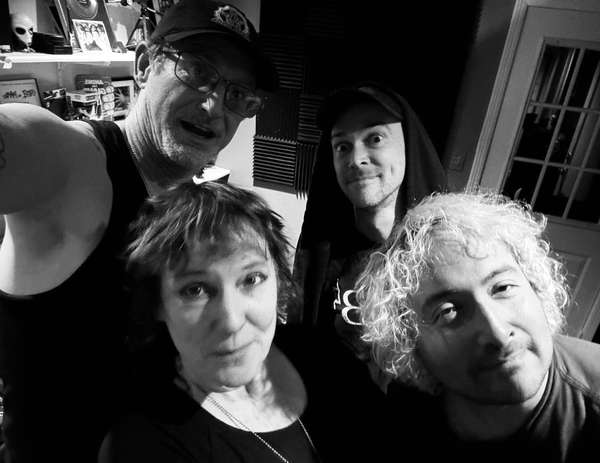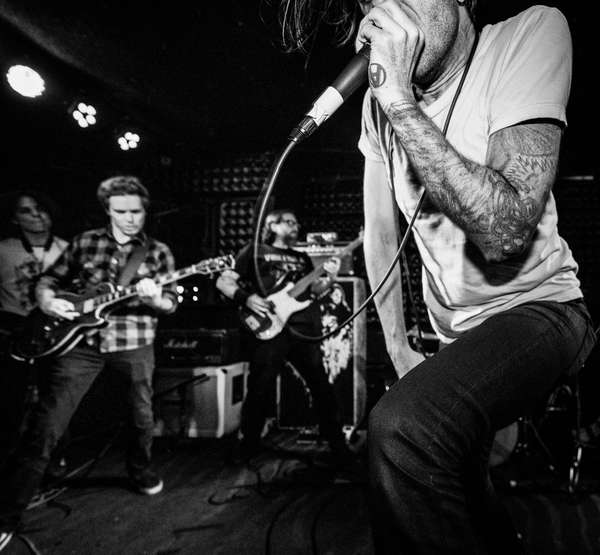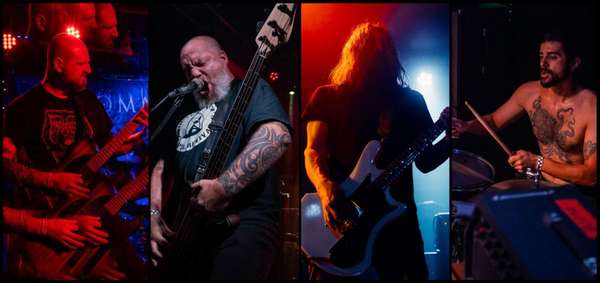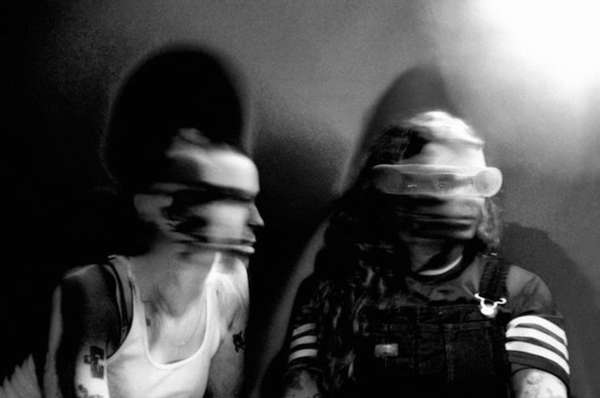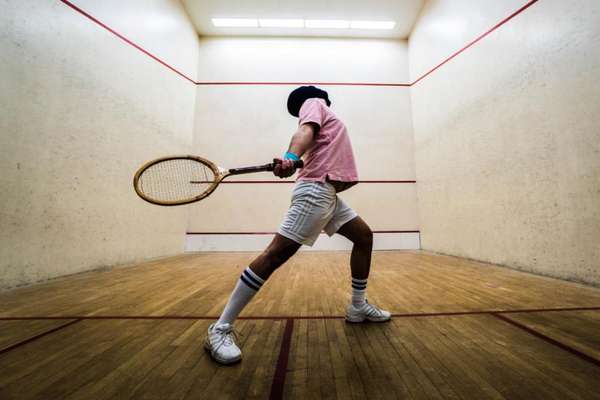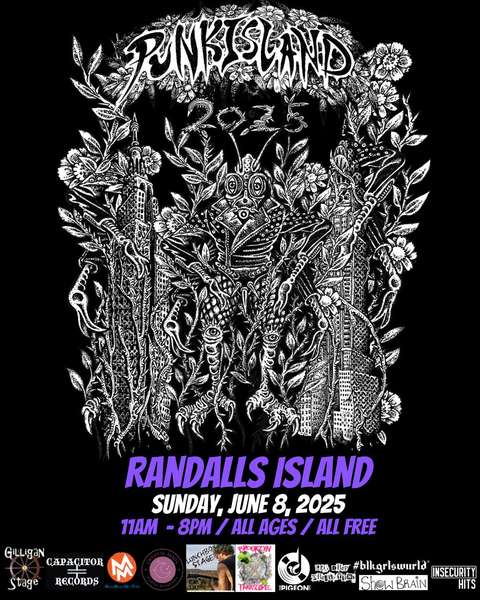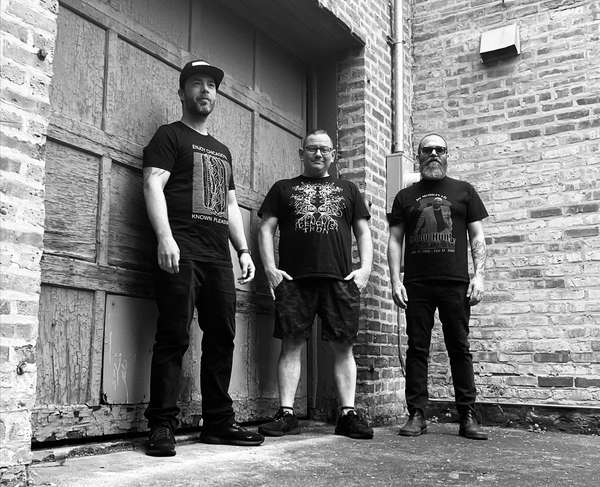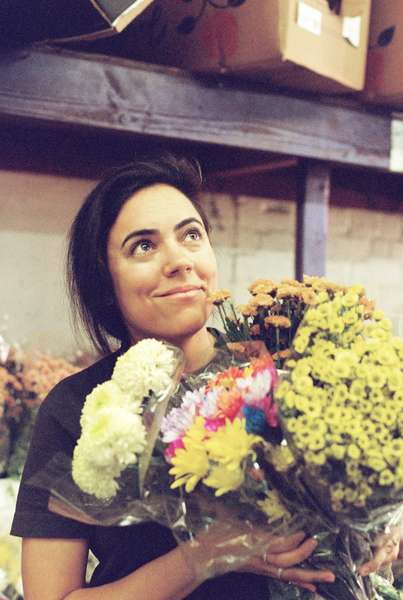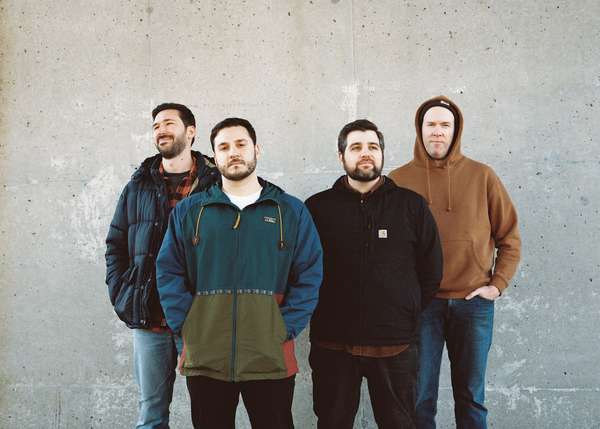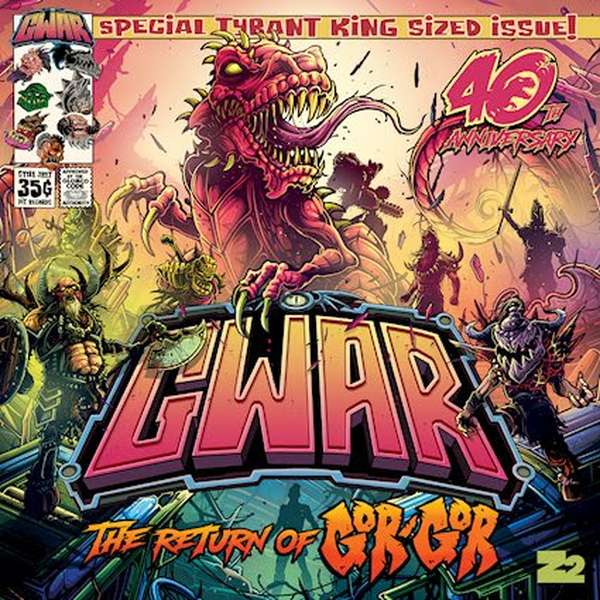Though usually panned by the majority of film critics – the mainstream ones anyway- horror films seem to be a Hollywood mainstay that just won't go away. This is hardly shocking – if there's one genre of film in which a low budget doesn't seem to be that much of a hindrance, and may actually help a film's chances, this is it. Many of the industry's biggest names got their start in horror – Steven Spielberg, Tom Hanks, Jack Nicholson to name but a few – and whole legions of stars were known primarily for their work in films designed to frighten and shock audiences.
The genre has changed substantially over the years, moving through phases where most of the “action” was implied or occurred offscreen, to periods where psychological issues were the focus. Since the 1960s, special effects have not only become an integral part of the typical horror film, but have actually served as a sort of litmus test for genre fans who wanted to see ever more gory and disturbing visuals in these pictures. It's largely the element of one-upmanship that has led to today's (flourishing) “torture porn” subgenre, but the films seem to have suffered as a whole in the process. Horror films are now more reliant on horrific special effects than on any notion of story development or acting chops.
What some people don't realize is that the horror picture has been a part of the bigger history of cinema essentially since day one: Georges Méliès (most famous for A Trip to the Moon) is credited with making the first such picture in 1896. By the 1920s, German filmmakers like F.W. Murnau (Nosferatu) and Robert Wiene (The Cabinet of Dr. Caligari) had established the visual palette used later in America for films like the original Frankenstein and Dracula films. Soundtracks in film at this time were exclusively orchestral – performed live during screenings for most silent pictures – and even the classic Universal horror films (the aforementioned Frankenstein and Dracula, as well as scores of related films and things like The Wolf Man and The Mummy) used music that was more flowing and unobtrusive than what would come to be the norm later.
Arguably, it was Alfred Hitchcock's 1960 Psycho that took the horror genre into the modern age: here was a film that was not only almost intolerably violent for its time, but also introduced very unsavory story material into the mix (fun fact: it the first film to GASP! show a toilet onscreen). Incalculable films have followed suit in the years since, but Bernard Herrmann's intense, jarring music score for the film has to be considered among the reasons the film worked as well as it did.
Sound design is probably one of the most under-appreciated aspects of the typical horror film, and music certainly figures into that design prominently. Though Psycho's piercing strings and Jaws's nerve-rattling two-tone bass are probably the best known horror movie soundtrack cues, having entered the popular consciousness on a level that few pieces of music have, numerous other films have effectively used music to heighten their sinister intentions. Here's are some of some of my favorites:
Extreme warning! Several of the trailers linked in this article are disturbing and very NSFW.
Carnival of Souls (1962) -Made for almost no money by a cast and crew of unknowns, this ghost story's surreal, unsettling atmosphere is complimented by Gene Moore's supremely creepy organ music.
Night of the Living Dead (1968) – The original modern zombie picture. Kind of amazing that director George Romero could find library music that precisely captures the sense of dread and doom in the film.
The Mutations (1974) – A gorgeously-photographed (and downright strange) British-made hybrid sci-fi/horror film about a scientist trying to interbreed plants with people. Contains perhaps one of the wildest soundtracks to ever feature in a genre film, created by experimental musician Basil Kirchin.
The Texas Chainsaw Massacre (1974) – A film more horrific for what it doesn't show than what it does. A creaky, almost industrial soundtrack by director Tobe Hooper only cements the distressing mood.
Eraserhead (1977) – The nightmares of a young married man come to life in this utterly unique cult classic. Dark ambient soundtrack ranges from grating industrial noise to the innocent yet worrisome old-time pop song “In Heaven.”
Suspiria (1977) – Hallucinogenic tale about a coven of witches running a dance academy in Germany. A tough choice to pick Goblin's best horror soundtrack, but this one gets my vote...
Dawn of the Dead (1978) - ...yet I can't make a list of this nature without including this one. Second in Romero's Living Dead saga, with an unbeatable combination of pounding Goblin compositions and comical, frequently bizarre stock music selections.
Halloween (1978) – The defining moment of John Carpenter's career, the film that set the ground rules for American-made '80s horror, and one of the best horror themes ever laid down.
Zombie Flesh Eaters (1979) – Incredibly bleak Italian-made zombie ripoff that may just one up the Romero films in terms of outrageous violence. Fabio Frizzi's music is one of the best, most influential synth scores of its day.
Cannibal Holocaust (1980) – The infamous “found footage” film that goes way beyond anything made since. Composer Riz Ortolani has a tendency to use the most pleasant, gorgeously orchestrated themes right when something truly horrible is onscreen – which only makes the film more shocking.
The Shining (1980) – The opening scene of this film is more genuinely ominous than whole films made today despite the fact that it's made up of nothing more than landscape photography and music by Wendy Carlos and Rachel Elkind. The music selections actually get even more distressing from there.
The Thing (1982) – For my money, the greatest film composer to have ever lived, Ennio Morricone made hundreds of movies better solely because of his participation in them. Every one of his scores is fascinating in its own way, but this is my favorite of his work. The main title gives me goosebumps every time.
Razorback (1984) – Universally hailed as a Jaws ripoff, this super-stylish Australian film is actually most frightening for to its deranged outback characters, not the giant, man-eating boar it centers around. Iva Davies's music, made with then-state-of-the-art synthesizer tech, is definitively haunting and moody to the extreme.
Certainly, there are many other outstanding horror soundtracks out there. Any number of obscure movies have soundtracks that are fun or effective in their own way, and individual moments of genius occur in many genre films. Though I prefer the stomping, disco-funk main title of Part III to anything in the original, 1980 Friday the 13th, Harry Manfredini's famous “ch-ch-ch-ha-ha-ha” has to be acknowledged for what it is - brilliant. Other inspired uses of music include the end title theme from 1983's Sleepaway Camp, a film that boasts one of the most jaw-dropping endings in horror movie history, the positively sublime, piano-based “love theme” from Nekromantik, and the use of Iron Butterfly's “In-A-Godda-Da-Vida” in the wild 1986 film Manhunter, the first to include the character of Hannibal “The Cannibal” Lector. Considering the creative bankruptcy that has strangled the horror genre in recent decades (how many sequels, remakes, and retreads can Hollywood produce?), I suppose it's no surprise that most modern horror films don't quite measure up to the best the genre has offered in terms of soundtrack music. With any luck, a new breed of filmmakers – and musicians - will eventually breathe new life into the genre, one that seems unwilling to simply fade into the ether.
